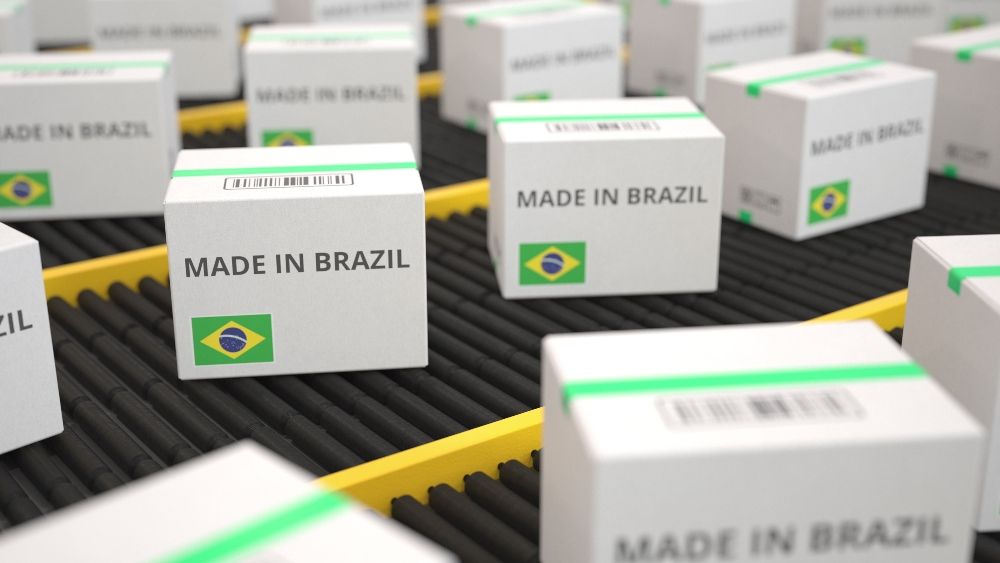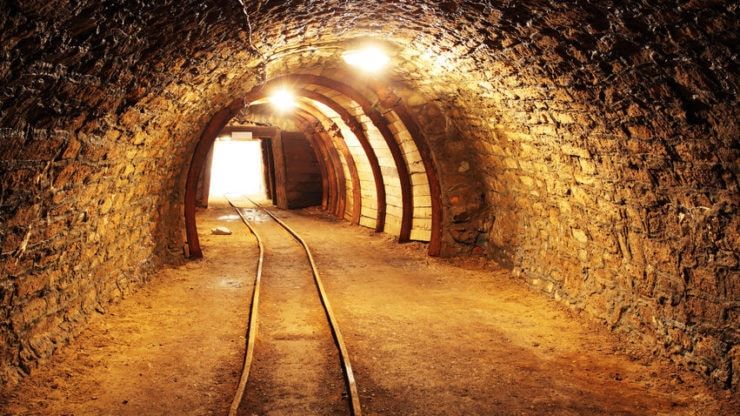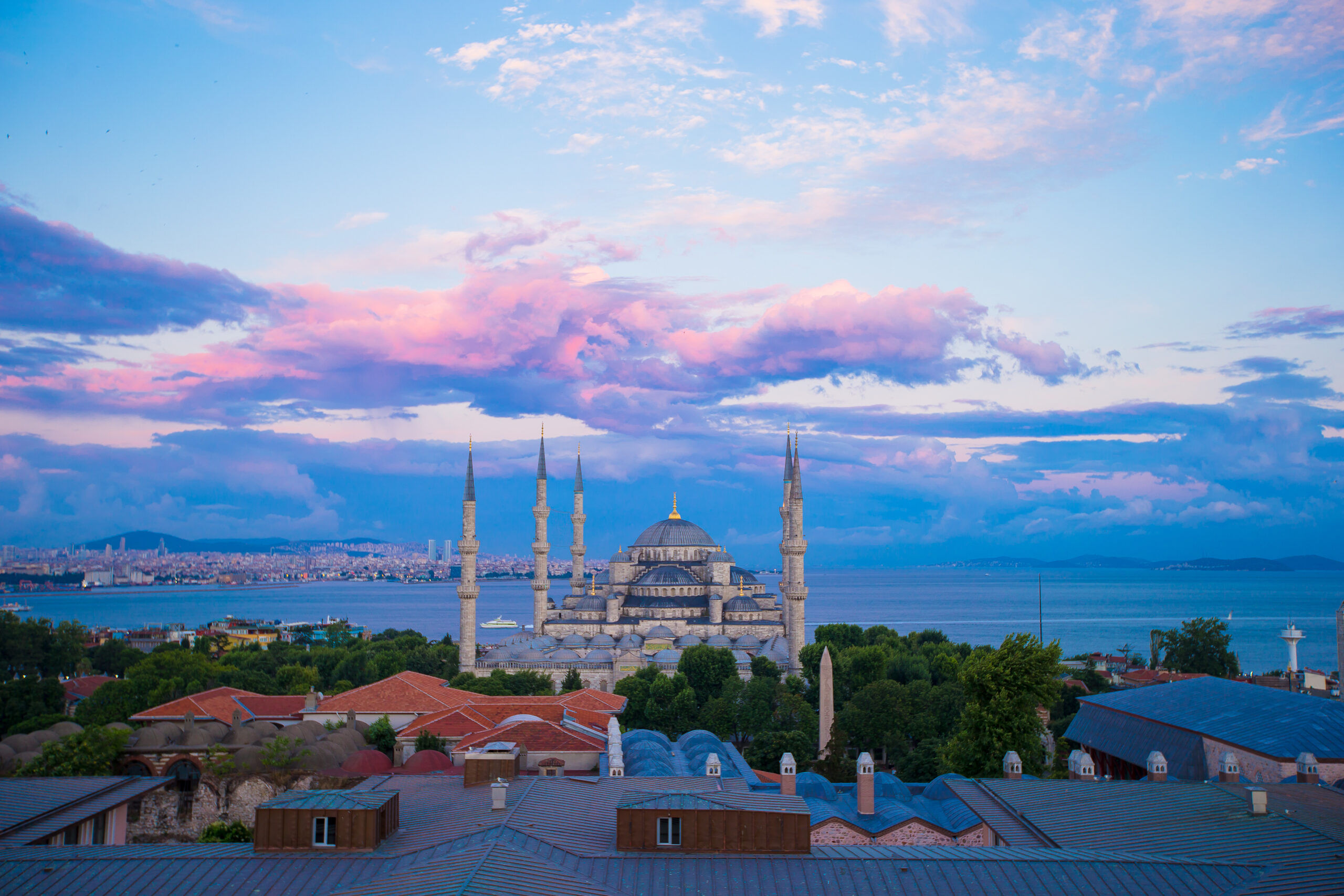Brazil’s PMI decline to 52.9 in August highlights sluggish private sector activity

Brazil’s economic momentum experienced a sharp reversal in August, as indicated by the S&P Global Composite PMI.
After reaching a robust 56.0 in July, the PMI fell to 52.9 the following month, signaling a significant slowdown in private sector activity.
The July PMI data reflected the strongest expansion in nearly two years, driven by substantial gains in both the manufacturing and service sectors.
However, August brought a stark contrast, as the composite index slipped to its lowest expansion rate in eight months.
This shift underscores the fragility of Brazil’s economic recovery and the challenges ahead.
Manufacturing sector faces challenges
In July, Brazil’s manufacturing sector was a key driver of economic growth, bolstered by a surge in new orders and a vibrant service sector.
The services sector, in particular, saw significant increases in new orders, contributing to the elevated PMI readings.
However, this positive trend encountered obstacles in August. Manufacturing production contracted once again, adversely affecting overall economic growth.
Despite the services sector continuing to expand, it did so at the slowest pace since April.
The decrease in the rate of new orders, even though it continued for the ninth consecutive month, suggests that demand may be diminishing.
This slowdown in the services sector raises concerns about sustained growth and recovery.
Rising cost and inflationary concerns
Cost pressures have played a crucial role in the recent PMI decline.
July saw the highest levels of input costs and output charges in two years, presenting significant challenges for manufacturers.
This trend persisted into August, with input price inflation reaching its highest point in over two years.
The industrial sector, in particular, faced substantial increases in prices charged for goods and services compared to the services sector.
The persistent inflationary pressures reported in August have raised doubts about the long-term durability of economic growth.
As living costs continue to rise, consumer spending patterns may shift, potentially influencing the dynamics between the manufacturing and service sectors.
Job creation resilient despite slowdown
On a positive note, job creation has remained strong despite the dip in private sector activity.
In July, job growth exceeded service sector expansion, reflecting a robust labor market.
Although the pace of job creation slowed in August, employment gains across the private sector remained solid.
This resilience in job creation is encouraging and may help mitigate some of the economic uncertainties.
Despite the slower growth rate, Brazil’s ability to maintain employment levels amid economic fluctuations is a positive sign.
Companies’ optimism about the future could support job security, even in the face of rising prices and sectoral challenges.
The post Brazil's PMI decline to 52.9 in August highlights sluggish private sector activity appeared first on Invezz



